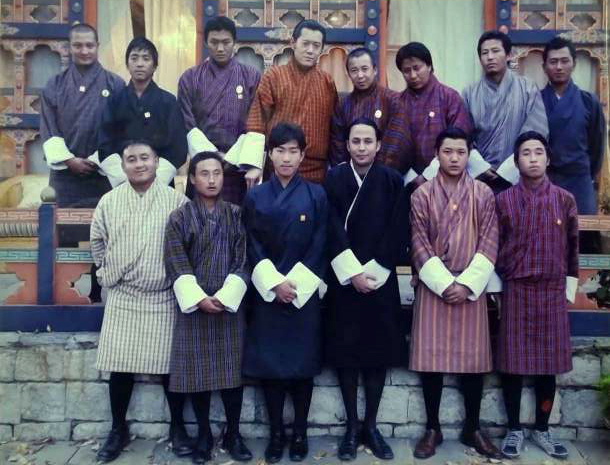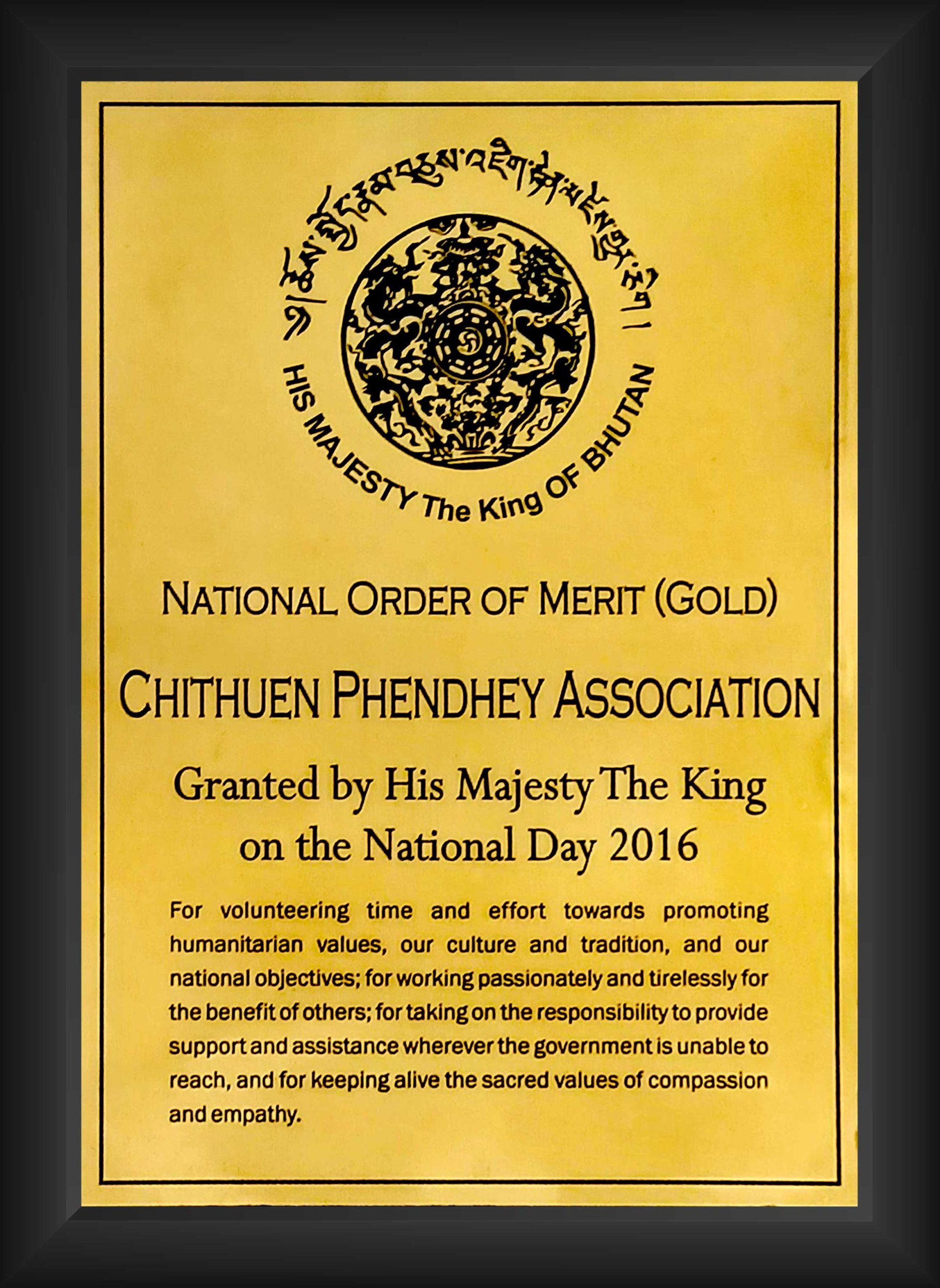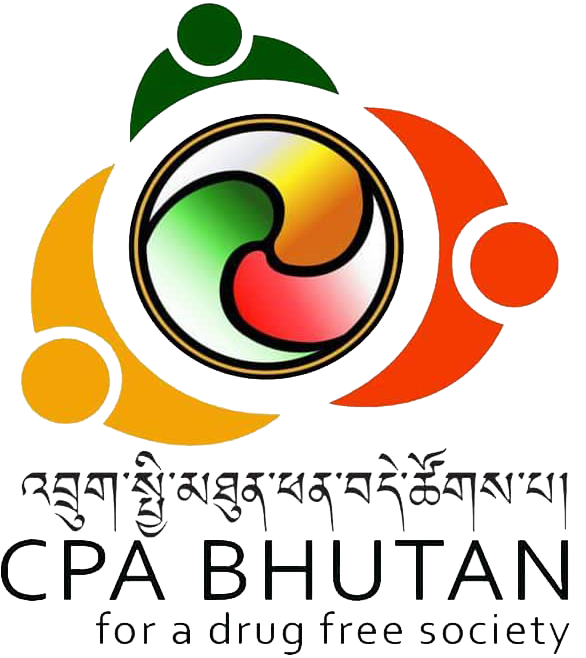+975 02 333111
About Us

Background

Established in 2011 under the Royal Patronage of His Majesty the King, Chithuen Phendhey Association (CPA Bhutan) is a prominent Civil Society Organization dedicated to cultivating a compassionate and resilient society. At its core, the association envisions a nation where the well-being of every individual, family, and community is not just prioritized but safeguarded, creating an environment free from the enduring impacts of Adverse Childhood Experiences (ACEs), trauma, addiction, and mental health disparities.
Vision, Misson & Objectives

Foundation and Patronage

“
The CPA Bhutan was established in response to the growing concern about the severe negative impact of addiction, particularly drugs and alcohol, on the overall health and well-being of individuals and society at large. Initially founded as a response to drug and alcohol problems, the association initiated numerous services and interventions at the treatment and intervention levels. However, with accumulated experiences and learning over time, it became evident that intervention and treatment alone were insufficient. There arose a realization that addressing the root causes and factors contributing to mental health issues and addiction was paramount.
Over time, the association expanded its focus beyond mere intervention and treatment, actively engaging in preventative measures to address the contributing factors to mental health issues and addiction. The experience gained underscored the importance of a holistic approach that goes beyond treating the symptoms, emphasizing the need to prevent the underlying causes.
Furthermore, the Chithuen Phendhey Association is privileged to operate under the esteemed Royal Patronage of His Majesty the King. This patronage not only highlights the significance of the organization but also emphasizes a shared commitment to fostering a resilient community. The association, with the support of His Majesty the King, continues to strive towards its mission of not only addressing the immediate challenges posed by addiction but also preventing the root causes to create lasting and enduring well-being within the community.
Over time, the association expanded its focus beyond mere intervention and treatment, actively engaging in preventative measures to address the contributing factors to mental health issues and addiction. The experience gained underscored the importance of a holistic approach that goes beyond treating the symptoms, emphasizing the need to prevent the underlying causes.
Furthermore, the Chithuen Phendhey Association is privileged to operate under the esteemed Royal Patronage of His Majesty the King. This patronage not only highlights the significance of the organization but also emphasizes a shared commitment to fostering a resilient community. The association, with the support of His Majesty the King, continues to strive towards its mission of not only addressing the immediate challenges posed by addiction but also preventing the root causes to create lasting and enduring well-being within the community.


Find us on facebook
ADDRESS
(+975) 02 333111
(+975) 17398865 / 17398898
drukchithuen@gmail.com
1490
Yangchen Lam, Thimphu.
